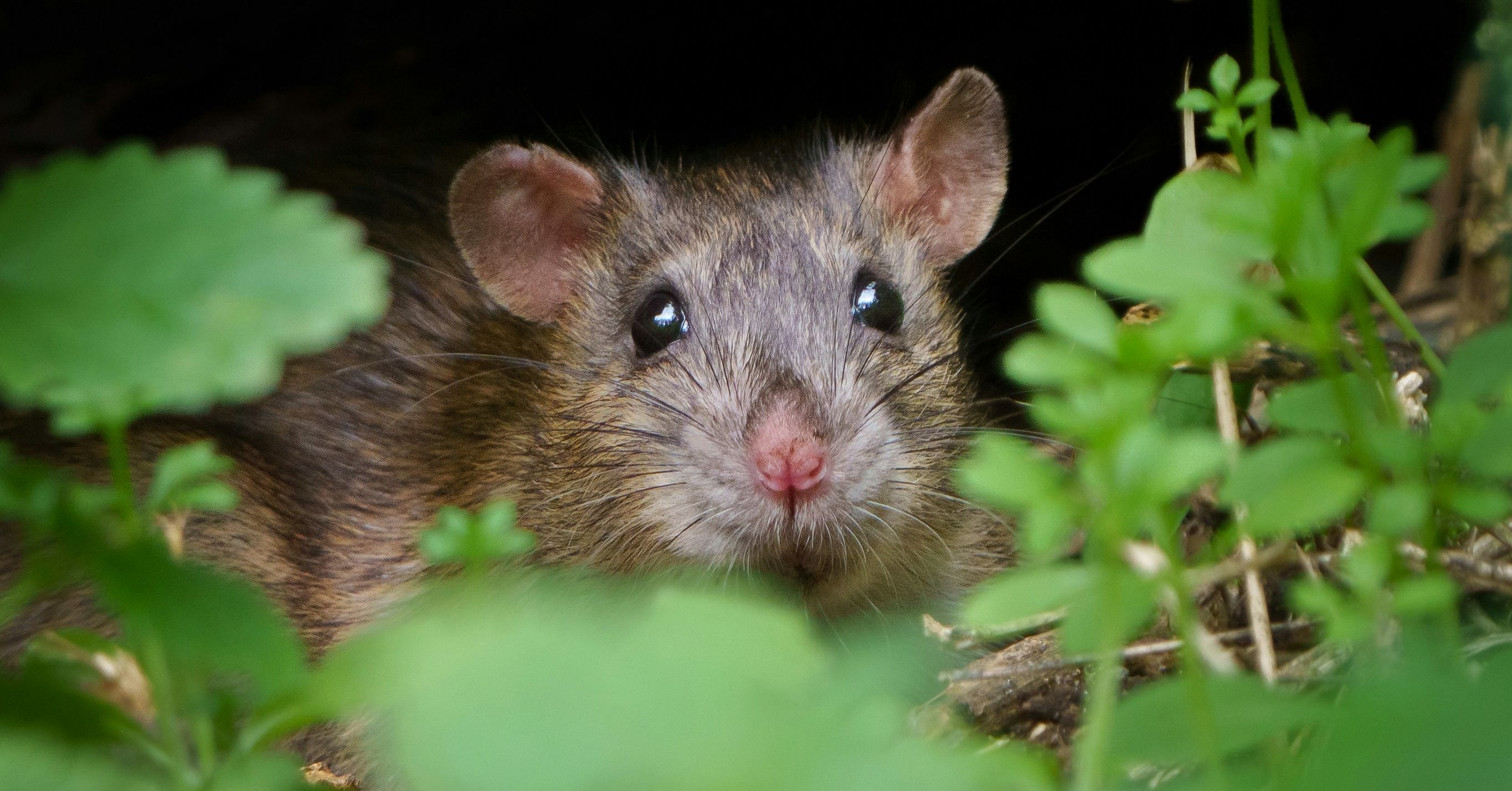Today, Forethought and I are releasing an essay series called Better Futures, here.[1] It’s been something like eight years in the making, so I’m pretty happy it’s finally out! It asks: when looking to the future, should we focus on surviving, or on flourishing?
In practice at least, future-oriented altruists tend to focus on ensuring we survive (or are not permanently disempowered by some valueless AIs). But maybe we should focus on future flourishing, instead.
Why?
Well, even if we survive, we probably just get a future that’s a small fraction as good as it could have been. We could, instead, try to help guide society to be on track to a truly wonderful future.
That is, I think there’s more at stake when it comes to flourishing than when it comes to survival. So maybe that should be our main focus.
The whole essay series is out today. But I’ll post summaries of each essay over the course of the next couple of weeks. And the first episode of Forethought’s video podcast is on the topic, and out now, too.
The first essay is Introducing Better Futures: along with the supplement, it gives the basic case for focusing on trying to make the future wonderful, rather than just ensuring we get any ok future at all. It’s based on a simple two-factor model: that the value of the future is the product of our chance of “Surviving” and of the value of the future, if we do Survive, i.e. our “Flourishing”.
(“not-Surviving”, here, means anything that locks us into a near-0 value future in the near-term: extinction from a bio-catastrophe counts but if valueless superintelligence disempowers us without causing human extinction, that counts, too. I think this is how “existential catastrophe” is often used in practice.)
The key thought is: maybe we’re closer to the “ceiling” on Survival than we are to the “ceiling” of Flourishing.
Most people (though not everyone) thinks we’re much more likely than not to Survive this century. Metaculus puts *extinction* risk at about 4



I understand that they cannot make grants to individuals, but researchers in academia are part of a university which is a charity (501(c)(3) in the US). So legally it would be the same as a focused charity, but still it is a question of whether they would likely make a grant like that.